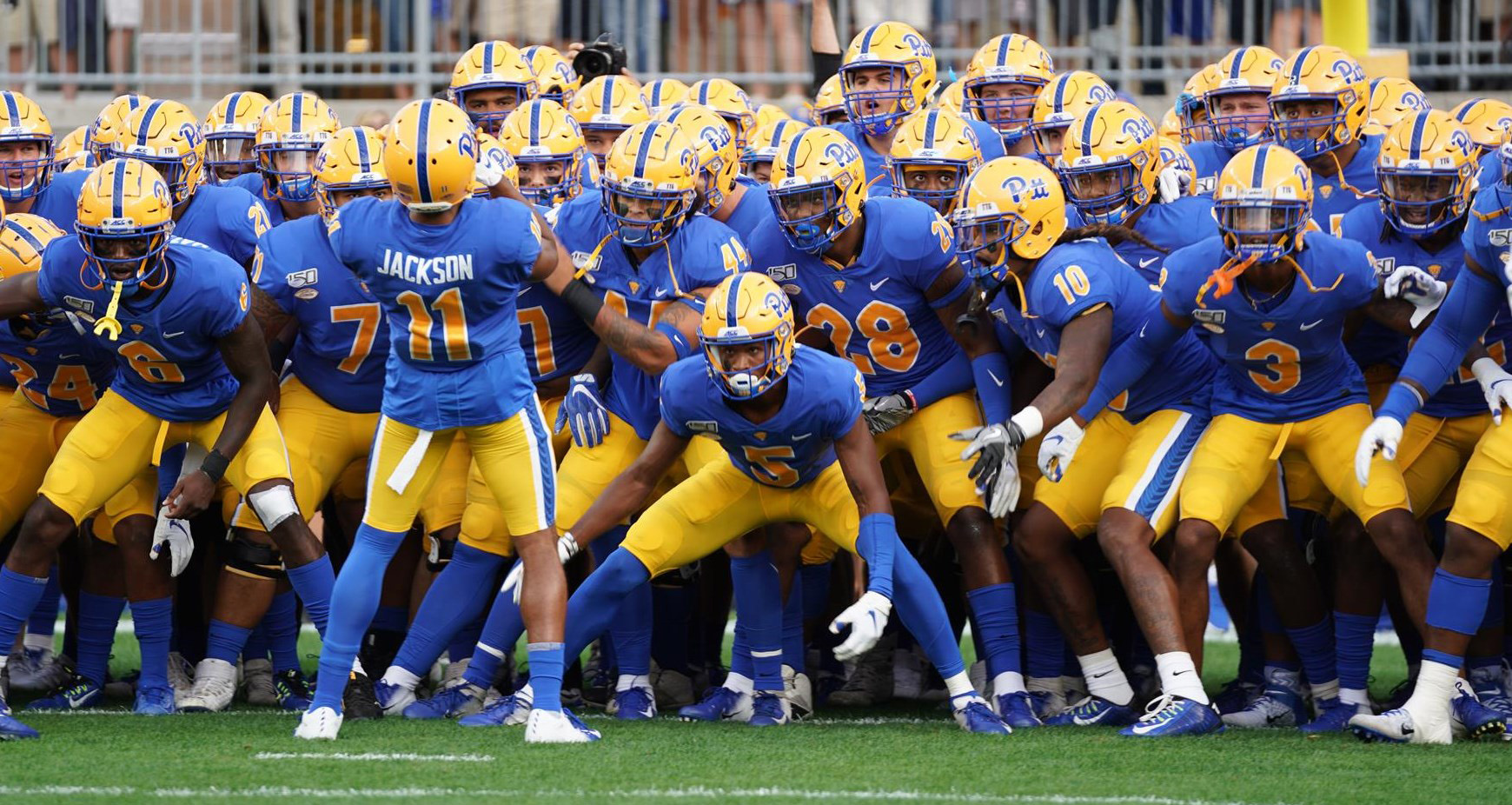SCORE Act: A Major Leap Forward for Collegiate Sports NIL Rights
A recent bill aiming to clarify issues around an academic athlete’s name, image, and likeness (NIL) rights, outline regulations for agents, and safeguard collegiate sports organizations from antitrust litigation has gathered support from a unique mix of nine representatives in Congress. Centering specifically on student athletes, the Student Compensation and Opportunity via Rights and Endorsements (SCORE) Act, which had its debut in the Energy and Commerce subcommittee, brings much-needed clarity to this sphere. Notably, the SCORE Act does not confer the status of employees on athletes.
The SCORE Act serves as an initial stride towards formulating a ‘Bill of Rights’ for athletes. It effectively terminates any enforced administrative constraints on athletes’ NIL earnings, within acceptable thresholds, yet permits educational institutions and conferences to shape what is deemed acceptable or not. If the federal bill is passed into law, it would supersede the current name, image, and likeness laws established in various states across the nation, which differ substantially from one to another.
Intercollegiate sports form a significant and integral dimension of American culture, and the call for a national regulatory framework has been echoing for some time now. With the SCORE Act, this critical aspect of culture and wellbeing of athletes would be addressed. It would also ensure that each institution gets the opportunity to distribute up to twenty-two percent of the total annual revenue earned by the top seventy revenue-generating colleges, to their athletes.
In a move that was flagged up in a settlement just last month that establishes a more equitable process within the system, student-athletes can benefit greatly. Further, to help navigate the complexities surrounding name, image, and likeness rights, the SCORE Act mandates that academic institutions offer legal advice to their athletes. Schools are now committed to supporting athletes in understanding financial literacy, taxation aspects, academic life, substance abuse, and strategies for preventing sexual violence.
The proposed legislation extends the commitment of schools towards their athletes by insisting that all post-graduation medical costs be looked after—at least for a period of three years. These expenses should also include medical treatments related to any injuries the athletes sustain during their tenure. The concern for the overall wellbeing of athletes is front and center.
Another pivotal aspect of the SCORE Act is its provisions related to athletes’ education. Should an athlete decide to exit from the institution before obtaining a degree, the institution is required to ensure that financial aid is available if and when they choose to return to complete their education at a later date.
The comprehensive, thirty-paged SCORE Act fine-tunes several important definitions as well. It broadly defines an agent as a non-relative who is representing the athlete for NIL or other financial contracts. Under the new bill, only registered agents will be eligible to enter into such agreements on behalf of the athletes.
The Act further stipulates that unregistered agents may assist athletes exclusively with endorsements, but they must first obtain written consent to do so. This requirement reinforces the intended transparency and legality of the process, and protects athletes from potential exploitation.
Addressing the sensitive matter of agent compensation, the SCORE Act caps it to a modest maximum of five percent. This measure ensures that agents are fairly compensated, while also protecting athletes from excessive financial burden.
An important provision of the SCORE Act is related to antitrust lawsuits, which can become prominent issues in the sports industry. If institutions comply with the stipulations of this legislation, they become exempt from such proceedings, enabling them to focus on their mission to support athletes both academically and athletically.
Recognizing the need for control and enforcement in NIL dealings, the proposed legislation allows conferences to set and enforce rules requiring athletes to reveal their NIL contracts. This provision showcases the commitment towards maintaining the fairness and integrity of college sports.
Another potent tool that the legislation provides for the conferences is related to third-party NIL deals. It grants conferences the power through the proposed College Sports Commission to mandate disclosure from athletes of any third-party NIL agreement that exceeds $600 in worth.
Should the bill gain ratification and earn the president’s signature, it will come into effect on July 1, 2026, marking a major milestone in the realm of collegiate sports in the country.
In conclusion, the SCORE Act, through its multitude of stipulations, offers provisions to maintain clear, fair dealings in the complex arena of collegiate sports and athlete representation, providing student-athletes with a highly needed safety net.
As it stands, this legislation presents a concrete attempt at navigating the waterways of NIL rights in collegiate sports, setting legal boundaries and establishing transparency. The SCORE Act emphasizes a proactive approach in anticipating potential issues and addressing them ahead of time.
If the predicted support and future approval come to fruition, the SCORE Act will serve to construct a comprehensive framework, thereby ushering in a new era in the dealings of NIL rights within the sphere of college sports.



